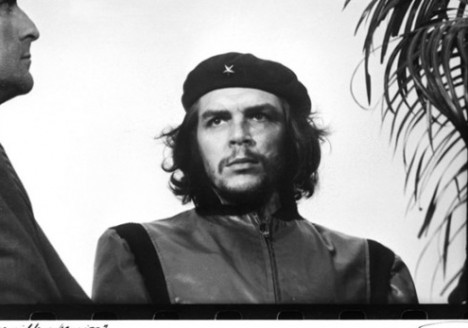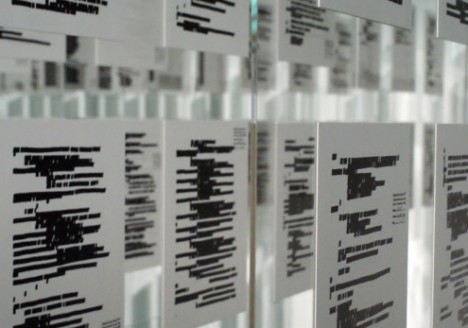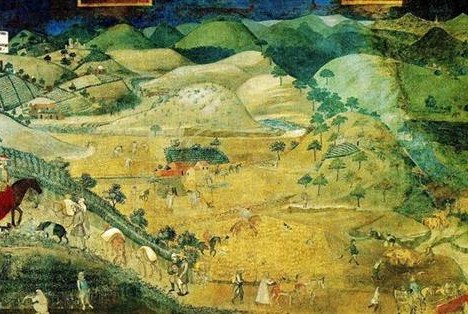Category / Design / Popular culture / Sociology
-
Black-boxing: Che Guevara
Excerpt: Jim Fitzpatrick’s image of Che communicates appeal to the inner idea of rebellion at the heart of every human being, universally shared. The year of its inception, 1968, had rebellion and freedom fighting for first place and this image fell in its lap, instantly nurtured. Seeking an idol where capitalism fell short, Che provided a…
-
Public Trust and the Secret at the Heart of the New Voting Machines
Excerpt: It is interesting to consider the societal acceptance of ATM’s and their operability that has disrupted the way in which people understand the rhetoric of money as well as blindly trusting the inner workings of the machine itself (Rubin, 2005, p. 830). Was the ATM created to reconcile human error as was justified by…
-
The Architectures of Media Power: Editing, the Newsroom, and Urban Public Space
Excerpt: The below analyses identify viewpoints of the Actor-Network Theory (ANT) whilst considering its spatio-temporality within the context of three research papers. The highly influential nature of media, automobility and clothing in spatio-temporal societal contexts is key to understanding how actions as well as objects shape and change our environments, behaviours, moralities and ethics (Latour, 1991); that…
-
Albena Yaneva’s ‘Making the Social Hold: Towards an Actor-Network Theory of Design’
Excerpt: Albena Yaneva’s paper, ‘Making the Social Hold’ (2009), discusses an implementation of Actor-Network Theory (ANT) on Design. ANT largely focuses its assumption on the formulation of social ties by nonhuman objects. The pithy concept here is: is it possible to forecast the impact a nonhuman object will have via the human characteristics they adopt?…
-
Bruno Latour’s ‘Making Things Public: Atmospheres of Democracy’
Excerpt: In the first two sections of ‘Making Things Public’, Bruno Latour argues there are alternatives to the political structures that serve as the platform in dealing with matters of public concern. He argues that ‘matters of (public) concern’ should be aligned to true concerns of the public, rather than to the multi-faceted interests of politicians.…




